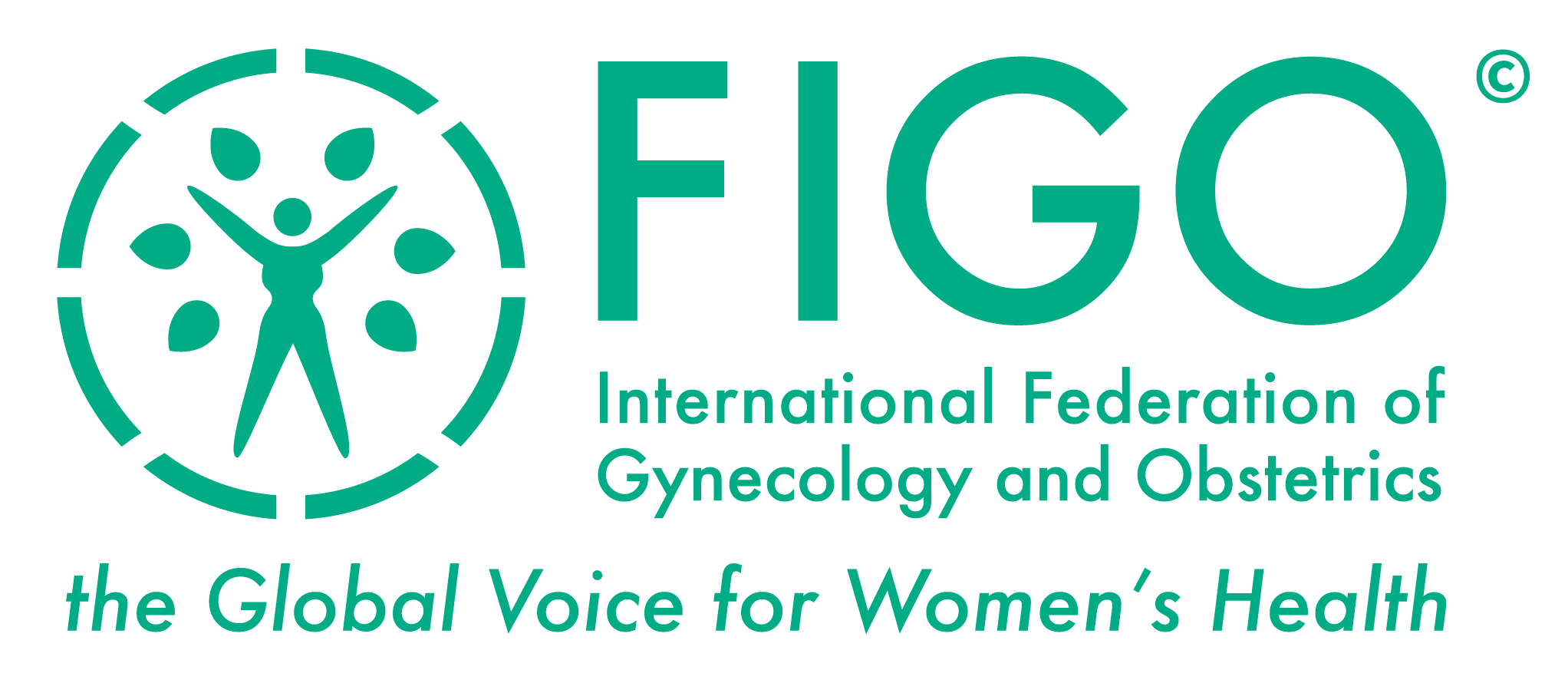Nahar, P. The link between infertility and poverty: evidence from Bangladesh. Hum.Fertil 2012, 15, 1, 18-26, England.
Abstract
The link between high fertility and poverty is well established. However, this paper shows how infertility may also generate poverty among childless families in Bangladesh. An ethnographic study was conducted, involving various qualitative research methods that revealed economic consequences to be one of the crucial sequelae of childlessness in Bangladesh. This paper details how the poverty/fertility relationship is dependent on social and institutional characteristics, including patriarchal values, education, urban-rural location and health services. Empirical data show that childlessness generates poverty in various ways, including the deprivation of children's earnings, decline in women's mobility, demoralisation of men to earn an income, marriage devaluation by the husband, disbursements for treatment and denial of microcredit (very small loans to those in poverty, which support them to become self-employed to generate income). The current study shows that the infertility/poverty relationship is mostly contingent upon class and gender. It is therefore the rural poor childless women who are most badly affected economically in Bangladesh rather than the urban middle class childless women. In other words, this study reveal that along with gender, class plays a dominant role in terms of the economic consequences of childlessness in Bangladesh. It sheds light on a different and unusual aspect of poverty and aims to contribute to the gender discussion of livelihood and poverty.
